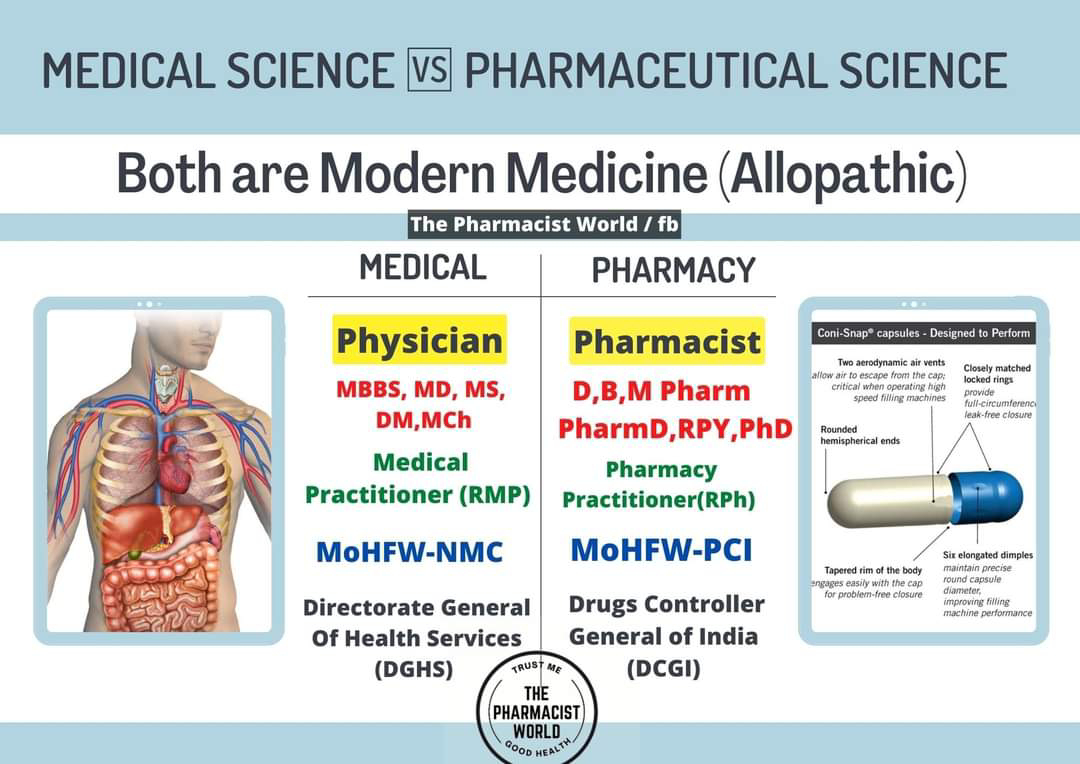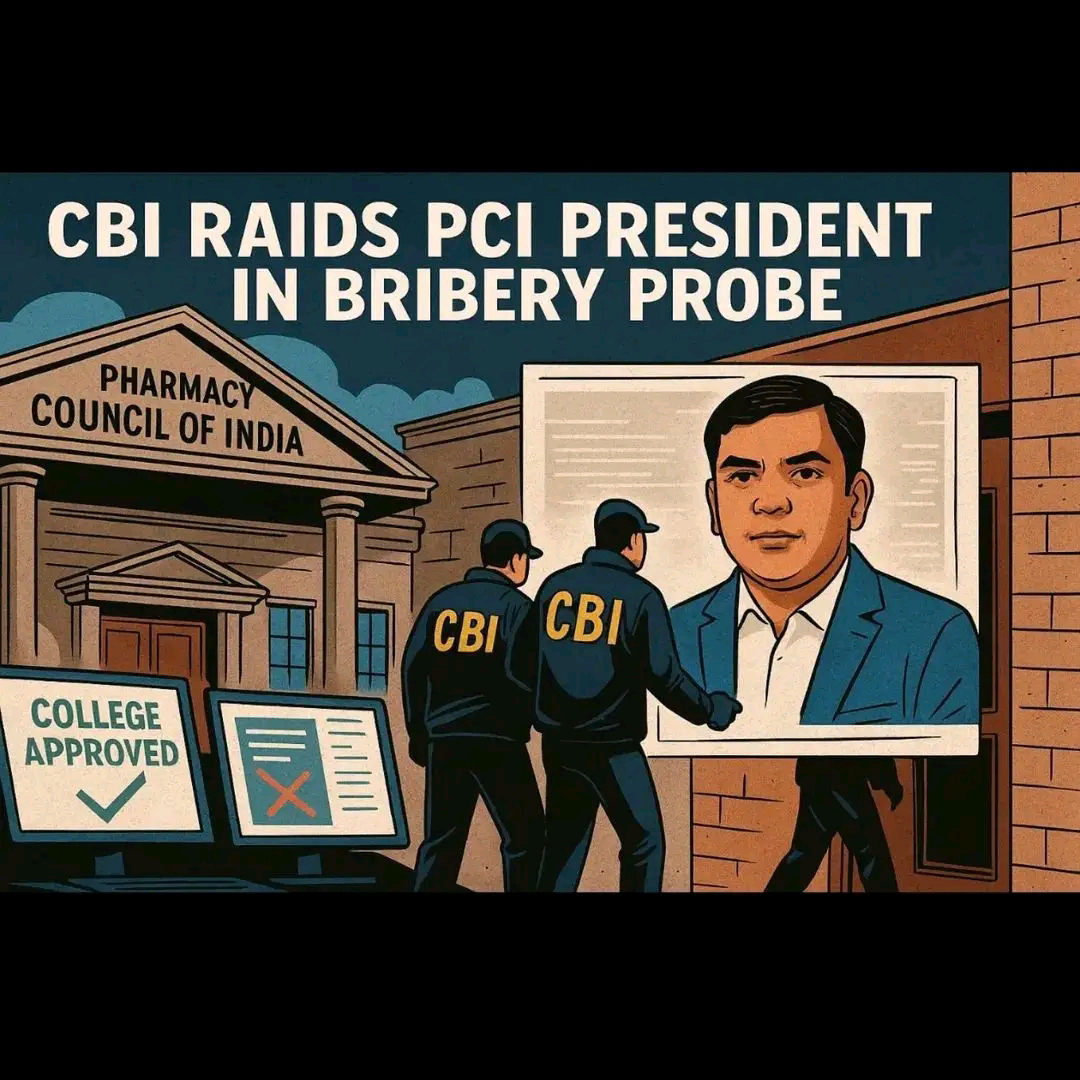#MyVisionOfTheIndianPPRAct
Pov: Bhagwan PS
Given the persistent failure of institutions and systems to provide fair, deserved opportunities to qualified pharmacists, an exclusive legislation with clear empowerment and accountability has become essential.
The Pharmacy Practice Regulations (PPR) Act is envisioned as the legal and professional backbone for safe, effective, and ethical pharmaceutical care in India. It will authorize pharmacists as direct patient care providers, backed by professional accountability, standard operating procedures, and defined service delivery models—integrating them seamlessly into the healthcare continuum.
Under the PharmaCare Clinical Support System, the Act applies across all professional tiers—D Pharm, B Pharm, M Pharm, and PharmD—with structured, competency-based roles:
1. #DiplomaInPharmacy (D Pharm):
Frontline dispensers and community care providers. Trained in medication handling, prescription verification, OTC guidance, and basic counselling. Accountable for legal dispensing, adverse event reporting, and prescription record maintenance.
2. #BachelorOfPharmacy (B Pharm):
Advanced technical and operational support. Skilled in dosage form optimisation, supply chain integrity, pharmacovigilance, and rational drug use promotion. Authorized to conduct prescription audits, assist in therapeutic substitutions under protocol, and support primary care clinics in medication therapy management.
3. #MasterOfPharmacy (M Pharm – Pharmacy Practice / Clinical / Hospital Pharmacy):
Specialised medication experts in clinical decision support, formulary management, and interprofessional collaboration. Lead quality improvement programs, train juniors, develop evidence-based protocols, and support health technology assessment initiatives.
4. #DoctorOfPharmacy (PharmD):
Apex patient-care pharmacists integrated into clinical teams. Conduct medication histories, identify and resolve drug-related problems, perform therapeutic drug monitoring, and provide evidence-based therapy recommendations. Drive clinical governance, patient safety initiatives, and pharmacare research.
The #PPRAct’s PharmaCare model creates a continuous patient-care chain where each cadre complements the next—ensuring medication use is safe, effective, and cost-efficient. It mandates standardised documentation, ICT-enabled monitoring, and continuous professional development to maintain competence.
Ultimately, the Act positions pharmacists as indispensable members of healthcare teams—bridging the gap between prescription and patient outcomes, reducing medication errors, and improving public health metrics. It shifts pharmacy practice from a supply-driven role to a patient-centred, outcome-oriented healthcare service—securing the pharmacist’s place as a critical partner in India’s healthcare service system.
 The Pharmacy Council of India (PCI) has sought all the pharmacists who don't have the ABHA (Ayushman Bharat Health Account) number to attain a number and ensure registration with the DIGI-PHARMed profile with the ABHA number on immediate basis, as part of its efforts to integrate the pharmacists' list with the Healthcare Professional Registry (HPR).
The Pharmacy Council of India (PCI) has sought all the pharmacists who don't have the ABHA (Ayushman Bharat Health Account) number to attain a number and ensure registration with the DIGI-PHARMed profile with the ABHA number on immediate basis, as part of its efforts to integrate the pharmacists' list with the Healthcare Professional Registry (HPR).











